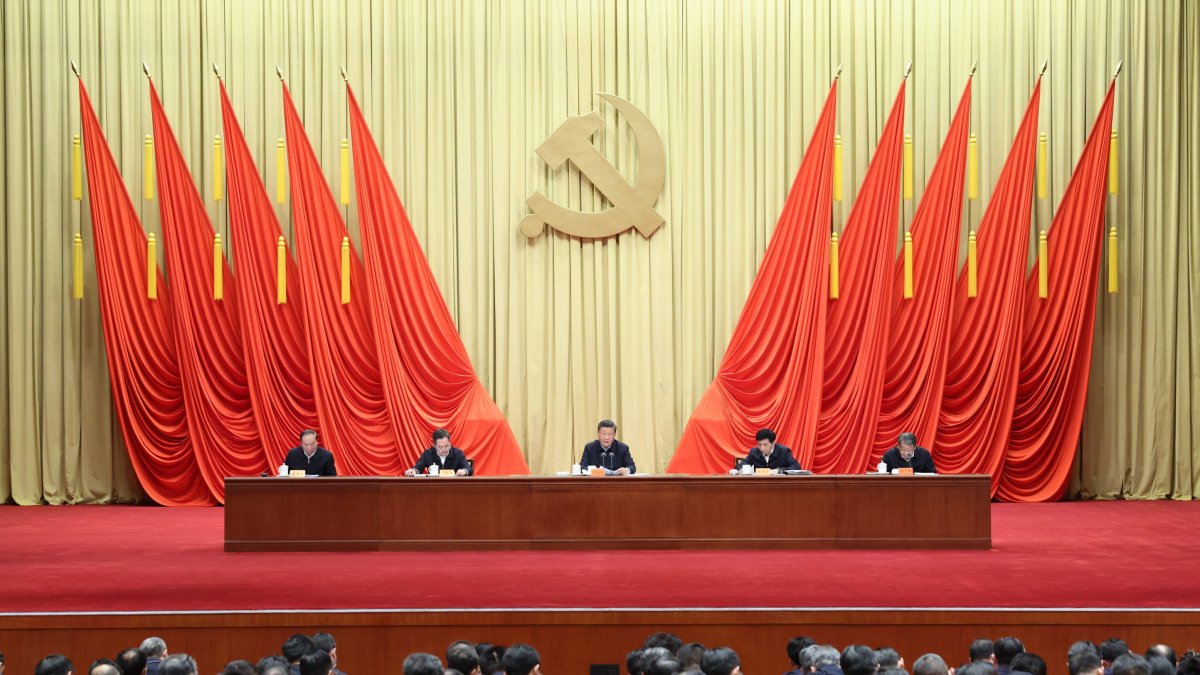State Department monitors Chinese cultural entity for "malign influence"
The Confucius Institute, which has 550 centers in 150-plus countries, has been accused of serving the "political ends" of the Communist Party.

(Cordon Press)
To China's President Xi Jinping, it is "a symbol of China's unremitting efforts for world peace and international cooperation." In the eyes of the US State Department, it is "an entity that promotes Beijing's global propaganda campaign and malign influence on U.S. campuses." The Confucius Institute, a Chinese cultural entity with more than 550 centers around the world, is defined differently based on who is asked. It has recently faced numerous closures worldwide due to suspicions that it is serving as a vessel for propaganda from the communist regime.
This institution is the Chinese version of the German Goethe-Institut, the British Council, or the Spanish Instituto Cervantes. Organized by the Chinese Ministry of Education, it offers language classes and cultural exchange programs. They are usually found in universities and are fundamental in promoting Beijing's cultural policies. Despite beginning fewer than 20 years ago, there are already 550 Confucius Institute centers in more than 150 countries. The first was opened in South Korea in 2004.
"A threat"
At present, China's aggressive foreign policy and increasing interference in third-world countries have put these centers in the spotlight. More and more Western critics are referring to them as "a threat."
German Minister of Education Bettina Stark-Watzinger believed that "they were being used by the Communist Party for political purposes." The Federal Ministry of the Interior of Germany warned that any cooperation between German universities and Confucius Institutes was "extremely critical security-wise" and risked "insidiously restricting academic freedom."
Secret contracts with the Chinese government
In addition, the U.S.-based National Association of Scholars (NAS) published a report claiming that some universities signed secret contracts with the Chinese government, in which they granted to Hanban, the Chinese authority that supervised the institutes, the "power to hire teachers, select curricula, and exercise veto power over all Confucius Institute programs and events."
In 2020, the U.S. Government designated the Confucius Institute's headquarters as a "diplomatic mission" with the aim of forcing Hanban to be more accountable. China responded by eliminating the much-criticized Hanban altogether and instead created an NGO to oversee the work of the institutes. Beijing hoped to ease "the Western misinterpretation that the organization served as China's ideological marketing machine," as published in the Chinese Global Times.
Today, only 14 of the 118 centers founded on U.S. soil are still open.

























